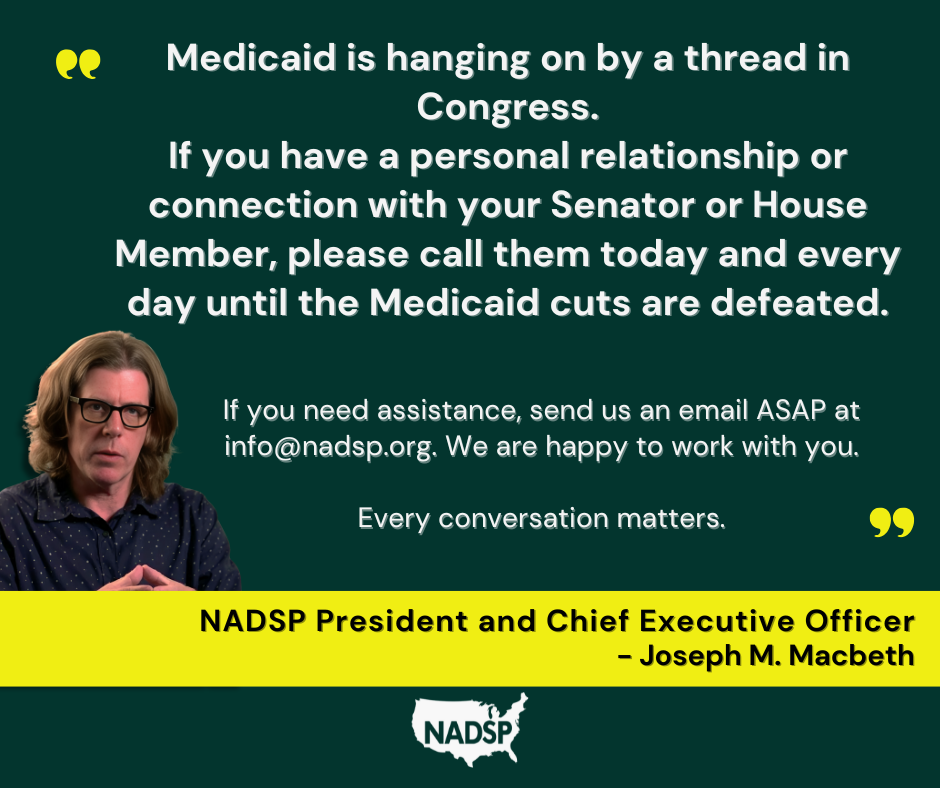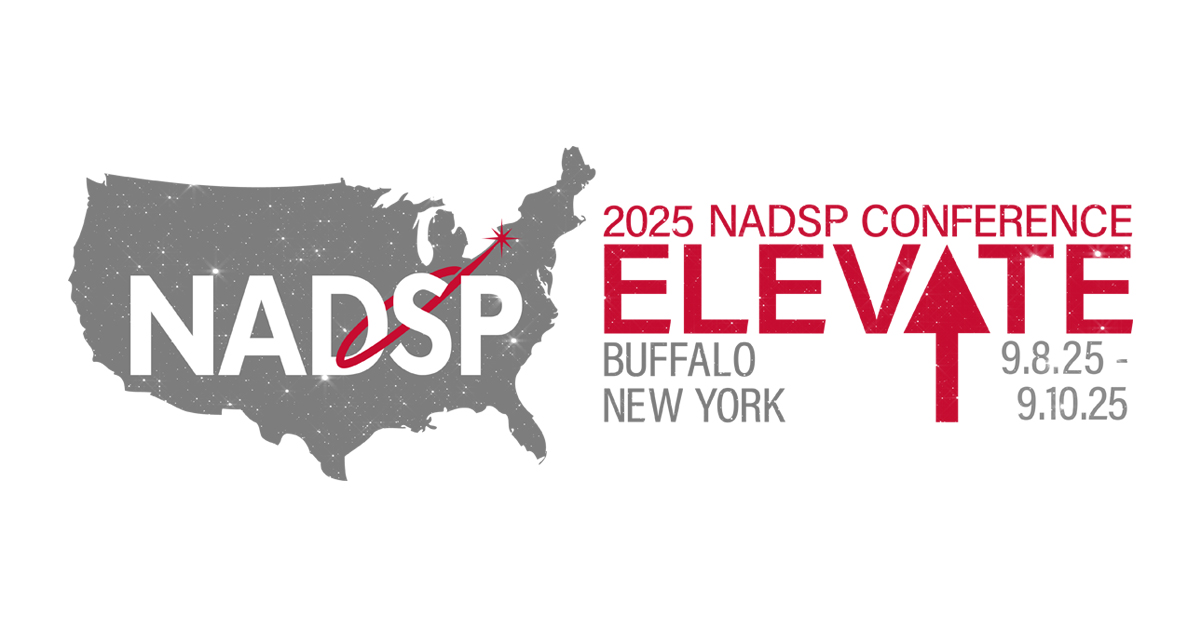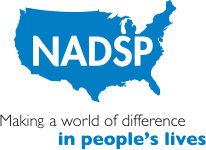
National Direct Support Professional Recognition Week It’s Time for Frank Discussion
As another National Direct Support Professional Recognition Week begins, we watch with deep appreciation all the creative ways supervisors, administrative teams, families, and advocates show their collective gratitude to our direct support workforce – after all, it’s been said many times that direct support professionals are the “backbone of this system”. As true as that statement may be, the reality is that a post-pandemic system that supports people with intellectual and developmental disabilities is unstable because that backbone is tired, tense, and fractured. I’d like to take this opportunity to use National Direct Support Professional Recognition Week to have a frank discussion about the state of the workforce.
As we know too well, the instability of the direct support workforce is not a new issue across disability service systems. Supporting people well in community-based settings requires a robust, stable, and competent direct support workforce. Despite the infusion of short-term funding into state budgets from the American Recovery Plan Act (ARPA) and many high-level government discussions to address the workforce issues, direct support professionals are struggling now more than ever. We repeatedly hear from direct support professionals that they feel like a rubber band that’s being stretched as far as it can go and the band is about to snap. How can a recognition week address these serious concerns?
At a time when the demand for direct support is at a critical peak, we need more than temporary funding to effect true, systemic change. The growing demand, combined with an unprepared workforce struggling with increased expectations and requirements is putting people with disabilities at significant risk. Short-term strategies to address the workforce issues have only yielded modest gains. Short-term approaches will not adequately address rampant turnover, the need to pay living wages, or allow us to compete with other industries that offer comparable wages and less responsibility.
After everything that has happened during the pandemic, and the praise heaped upon “our direct support heroes”, the continued failure to invest in the long-term will be seen by direct support professionals as exploitation – and they will not be wrong.
So, what can we do about it? We can start by getting direct support professionals engaged in their own advocacy. In early March 2022, the National Alliance for Direct Support Professionals (NADSP) embarked on our first ever National Advocacy Symposium where more than 400 direct support professionals from 43 states with strong support from self-advocates, family members, and management staff. They shared their stories with more than half of the members of congress in 253 virtual meetings. One of our policy priorities was to advocate with legislators to support a bill that would require the Office of Management and Budget to establish a separate category within the Standard Occupational Classification system for direct support professionals. This would establish a professional identity and improve data reporting for long-term strategy. I’m happy to share that our efforts culminated with six new sponsors to the House of Representatives version of H.R. 4779 – Recognizing the Role of Direct Support Professionals Act.
Today, we wish you a very happy National Direct Support Professional Recognition Week. We hope that you find exciting ways to recognize and celebrate the direct support workforce. Enjoy the week because the following week we will begin to engage, inform, and prepare direct support professionals in their own advocacy responsibilities. In March of 2023, we’ll be hosting our second National Advocacy Symposium and we hope that direct support professionals from every congressional district will join us. If we’re successful, we’ll have a real cause to celebrate National Direct Support Professional Recognition Week in 2023.
You May Also Be Interested In …

Our Latest Explanation of the Reconciliation Bill Debate: It’s still a mess!

2025 NADSP Conference: Elevate

Senate Finance Committee Makes a Bad Bill Even Worse


